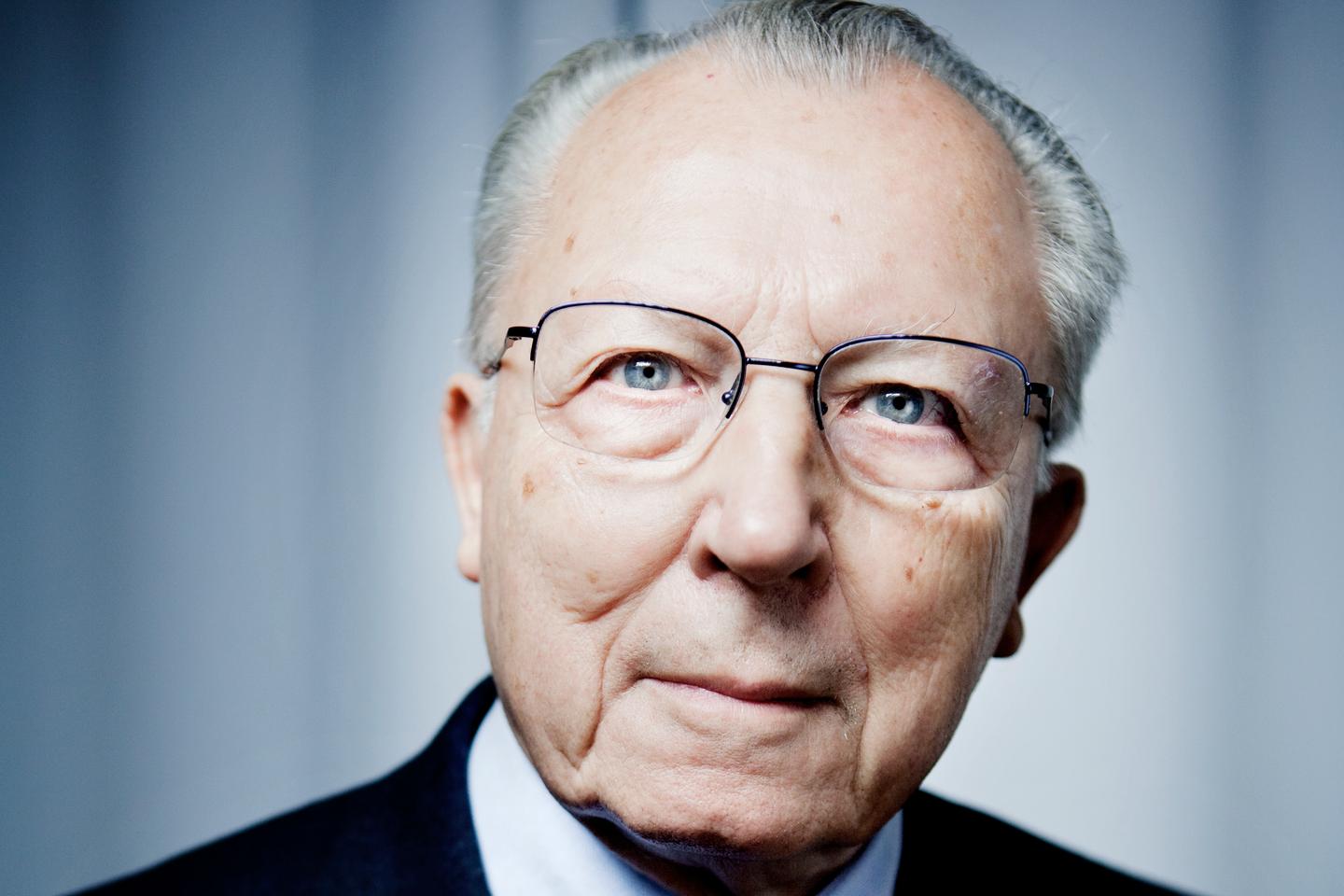


In Jacques Delors, a singular political figure has passed away. An autodidact trained in Christian trade unionism, a humanist inspired by the engaged personalism of the philosopher Emmanuel Mounier, and a man who was deeply convinced that patient compromise is a more certain way of combating inequality than the firebrand promises of revolutionary upheaval, he has left behind a dual legacy – both French and European.
The first is the most mixed. Delors actively contributed to anchoring the left to a culture of governance, after long years of not holding power, by advocating for the austerity measures introduced by President François Mitterrand's government in 1983, which many among his political camp would come to regard as a betrayal. Yet, by foregoing a presidential candidacy in 1995 – despite promising poll numbers – he also missed out on the opportunity to completely convert the Socialist Party to social democracy and regulated market economics. Part of the current decline of the French left undoubtedly stems from this renunciation.
Delors, indeed, refused to count himself among "those very remarkable people" whose "main concern is to compose a figure for themselves and to play a role," to quote one of his spiritual fathers, Jean Monnet. Uncomfortable with universal suffrage, he thought it more useful to identify the places and the moments in which he could influence the course of events, even if they were the least visible and least expected. This was how he came to support a right-wing prime minister, Jacques Chaban-Delmas, and more specifically his abortive "new society" project, before returning to the left.
Decisive impetus
From 1985 onwards, Delors found a position in which his nature could flourish, as president of the Commission of the European Communities, during a prosperous decade for the institutions of what would become the European Union. His decision to adopt austerity measures two years earlier had already been prompted by a desire not to leave the European Monetary System, at a time when European integration was gathering pace.
His impetus was decisive for the adoption of the Single European Act, which created the single European market, and later with the Maastricht Treaty, which set in motion the process that led to the euro currency. Considering also the creation of the Cohesion Fund to support the enlargement of the Union to new members less economically well-off than the founding countries, and with the Erasmus university exchange program, Delors was instrumental in "changing the lives" (the title of the 1972 Socialist platform) of hundreds of millions of Europeans. These achievements ran counter to the common assumption that the Union is irreparably removed from the day-to-day concerns of its citizens.
Admittedly, this European legacy has not always been in keeping with the guiding triptych of his mandate: "Competition that stimulates, cooperation that strengthens and solidarity that unites." Yet this principle remains highly relevant today, as the deceptive currents of narrow-minded nationalisms prepare to sweep through the June 2024 European elections. Unlike those who once advocated leaving the Union – and abandoning the euro – only to change their minds later, Jacques Delors never wavered in his convictions.
